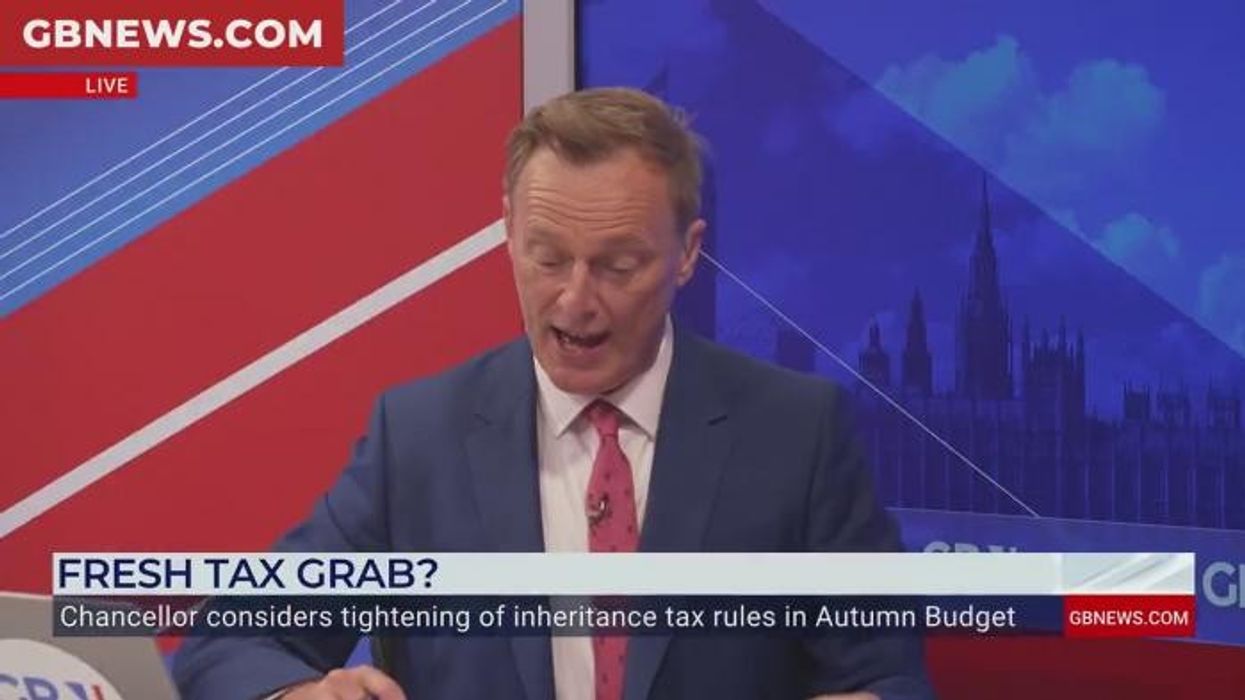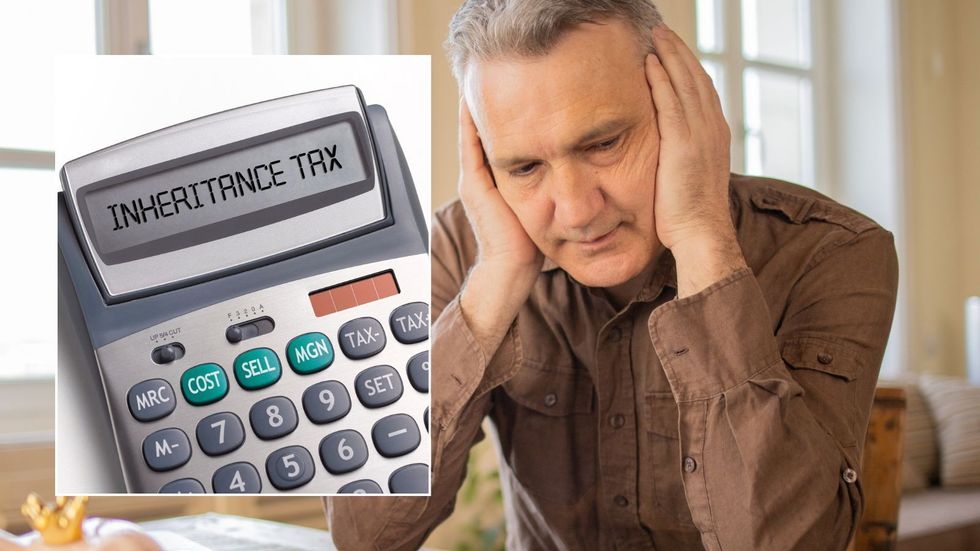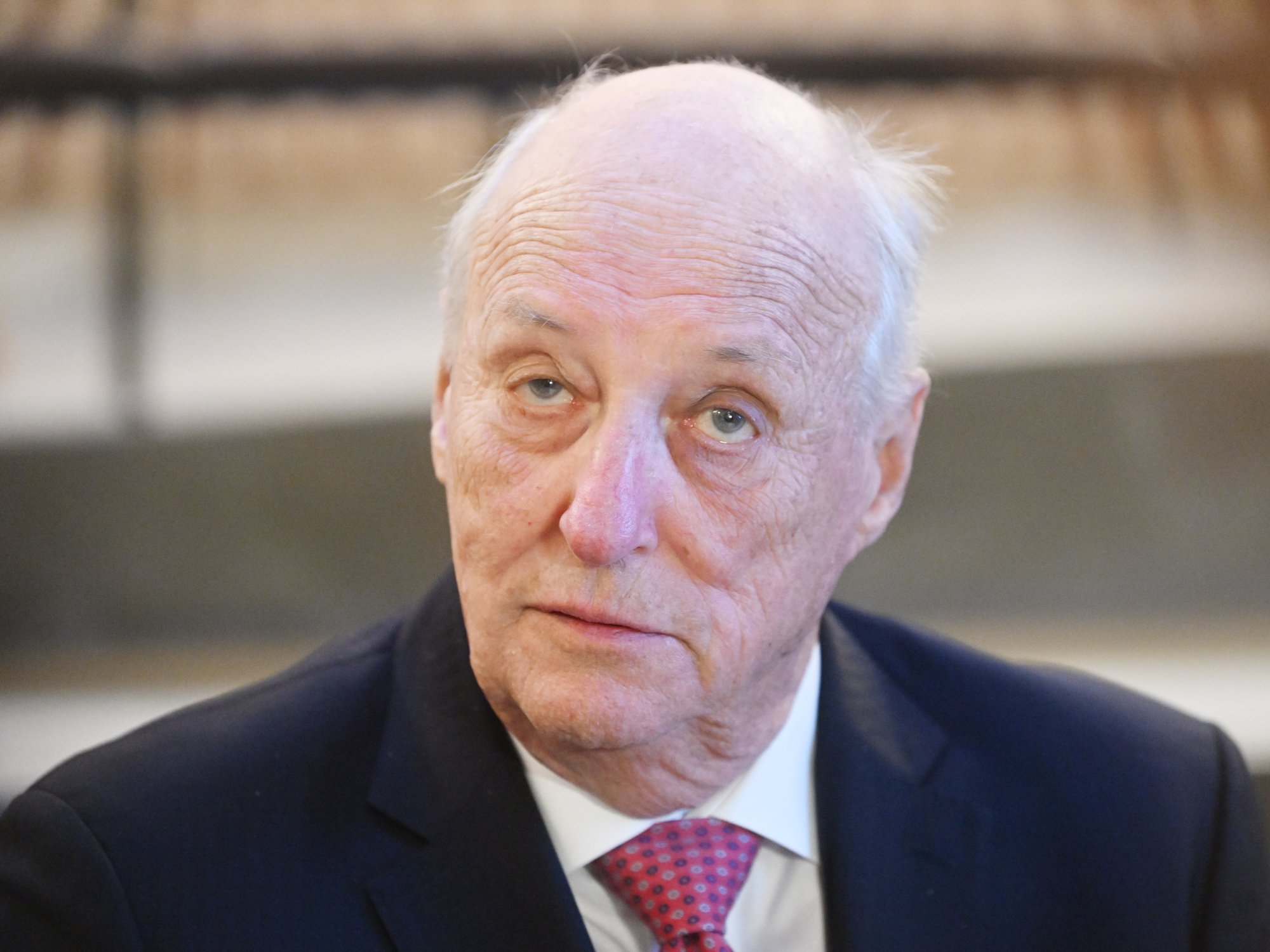Inheritance tax warning as Rachel Reeves likely to target 'little-known' exemption letting Brits gift unlimited amounts tax free

Martin Daubney fumes at Labour's latest 'cruel' inheritance tax raid as Rachel Reeves looks to plug the UK deficit |
GBNEWS

Experts warn changes could be a "double blow” for families already facing VAT on private school fees
Don't Miss
Most Read
Britons could soon lose access to one of the most generous inheritance tax breaks as Rachel Reeves looks for new ways to raise revenue.
Industry insiders say the Chancellor is eyeing up a little-known exemption that allows people to pass on unlimited wealth without paying tax.
The rule, known as the "gifts out of normal expenditure" exemption, currently lets individuals with surplus income make regular payments to family or friends without triggering inheritance tax. Unlike most gifting rules, there is no limit on how much can be handed over.
Treasury officials are exploring ways to generate additional inheritance tax receipts by restricting gifting allowances, putting this particular rule under scrutiny.
The timing coincides with increased family wealth transfers as households prepare for upcoming changes that will bring unspent pensions within inheritance tax scope from April 2027..
The rule has become especially popular with wealthier families who want to reduce the amount their estates are taxed.
To qualify, the gifts must come from income rather than savings, and they need to be made regularly as part of someone’s normal spending.
People using the rule must be able to show they have enough income left to maintain their usual standard of living without dipping into capital.
HMRC will examine whether the gifts represent genuine surplus income rather than forced lifestyle reductions.

Britons are being warned about the looming changes to inheritance tax
| GETTYA key advantage of the rule is that it operates immediately, without requiring the typical seven-year survival period that applies to other inheritance tax gifts.
Even if someone dies shortly after starting such gifts, these transfers remain outside inheritance tax calculations if evidence shows they were intended to be ongoing. Regular patterns of gifting carry more weight with HMRC than one-off large transfers.
Sean McCann, chartered financial planner at NFU Mutual, said: "Currently, if you make regular gifts there's no restriction on how much you can give away immediately free from IHT, provided it is out of your income and doesn't impact your normal standard of living."
He added that this provision "is likely to be in the chancellor's sights in the forthcoming budget."
 Britons are concerned about the rising tax burden | GETTY
Britons are concerned about the rising tax burden | GETTYThe exemption's flexibility has made it popular among affluent grandparents who use it to cover grandchildren's school fees directly.
Mr McCann warned that introducing limits or abolishing the exemption entirely, combined with the Government’s plan to apply VAT to private school fees, would amount to "a double blow" for these families.
Families also use the exemption for things like setting up trusts or making pension contributions for younger relatives.
Mr McCann stressed the need to keep records, as claims are often reviewed after death.
He explained the form (Schedule IHT 403) available on HMRC’s website allows individuals to record their income, expenditure and gifts during their lifetime to ensure this task is not left to their families.
HMRC looks for a pattern of regular gifting out of surplus income and will examine the frequency and amounts of gifts.
Mr McCan added: "Gifts made on a regular basis such as annually or more frequently are more likely to satisfy the test.

Experts warn changes could be a "double blow” for families already facing VAT on private school fees
| GETTYMcCan: "The first gift in a series can qualify even if you die shortly after making it, provided there is evidence that further regular gifts were planned.
"For this reason, it’s a good idea to send your loved ones a note with the first gift confirming your intention to gift regularly and keep a copy with your will."
More From GB News










